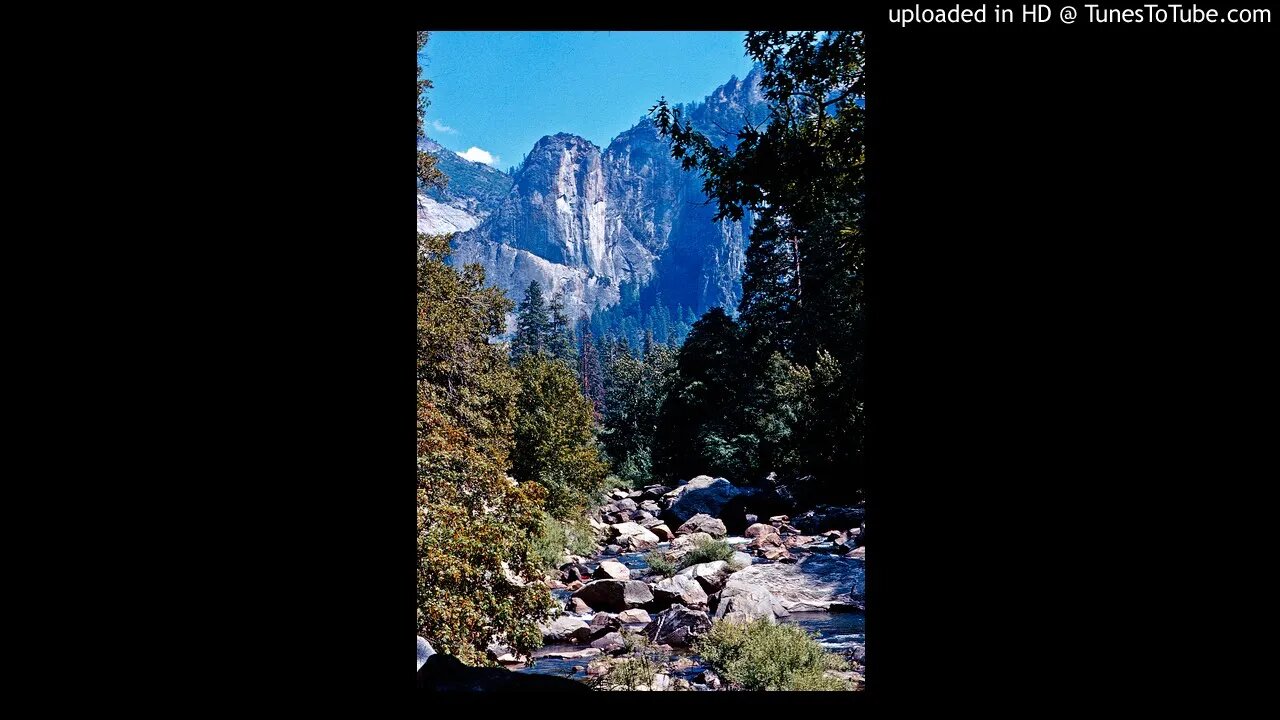Premium Only Content

Conservation - Cavalcade of America - Radio Dramas of Initiative - Courage - Achievement
Cavalcade of America is an anthology drama series that was sponsored by the DuPont Company, although it occasionally presented musicals, such as an adaptation of Show Boat, and condensed biographies of popular composers. It was initially broadcast on radio from 1935 to 1953, and later on television from 1952 to 1957. Originally on CBS, the series pioneered the use of anthology drama for company audio advertising.
Cavalcade of America documented historical events using stories of individual courage, initiative and achievement, often with feel-good dramatizations of the human spirit's triumph against all odds. The series was intended to improve DuPont's public image after World War I. The company's motto, "Maker of better things for better living through chemistry," was read at the beginning of each program, and the dramas emphasized humanitarian progress, particularly improvements in the lives of women, often through technological innovation.
The show started as part of a successful campaign to reinvigorate DuPont. In the early 1930s, the Nye Committee investigations concluded that DuPont had made a fortune profiteering in World War I. The company stood accused of encouraging an arms race between World War I enemies, after being heavily subsidized by the Allies to increase black powder production. The negative effects of the investigation left the company demoralized, directionless and with a tarnished corporate image in the middle of the Great Depression.
DuPont's products were primarily not for public consumption, so there was no purpose in promoting them through advertising. As a solution to DuPont's troubles, Roy Durstine, then creative director of Batten, Barton, Durstine & Osborn, proposed the creation of Cavalcade of America using the company motto. This was to be an important element in the successful re-branding of DuPont as an American legacy engaged in making products for the well-being of Americans and humanity in general.
Originally Broadcast March 25, 1936
-
 18:12:15
18:12:15
Chesterton Radio
1 year ago $4.72 earnedChesterton Radio Live - Mystery Drama Adventure - Chuck the TV!
43.9K -
 LIVE
LIVE
The Mel K Show
28 minutes agoMel K & General Mike Flynn | Betrayal of a Nation: Soros’ NATO World Order | 8-28-25
401 watching -
 1:31:55
1:31:55
Glenn Greenwald
3 hours agoMinnesota Shooting Exploited to Impose AI Mass Surveillance; Taylor Lorenz on Dark Money Group Paying Dem Influencers, and the Online Safety Act | SYSTEM UPDATE #507
24.9K19 -
 LIVE
LIVE
SpartakusLIVE
3 hours agoRUMBLE PREMIUM - AD FREE | In the MAYHEM of the DEMONS and the TATERS, One HERO Will RISE to the TOP
282 watching -
 1:05:09
1:05:09
Donald Trump Jr.
5 hours agoMare Liberum: The Next Chapter in Protecting Our Sovereignty, Interview with Erik Bethel | Triggered Ep.271
86.4K57 -

StoneMountain64
7 hours ago#1 WARZONE TACTICIAN + New Battlefield Trailer
53.8K7 -
 LIVE
LIVE
LFA TV
13 hours agoLFA TV ALL DAY STREAM - THURSDAY 8/28/25
844 watching -
 LIVE
LIVE
LIVE WITH CHRIS'WORLD
4 hours agoLIVE WITH CHRIS’WORLD - YOU DON’T HATE THE MEDIA ENOUGH!
157 watching -
 LIVE
LIVE
SavageJayGatsby
1 day agoFirst Rumble Exclusive Stream?! | Let's Play: Prey | $300 Weekly Goal for Spicy Bite Saturday
167 watching -
 11:42:24
11:42:24
GritsGG
12 hours agoWin Streaking! Most Wins 3485+ 🧠
28.1K1